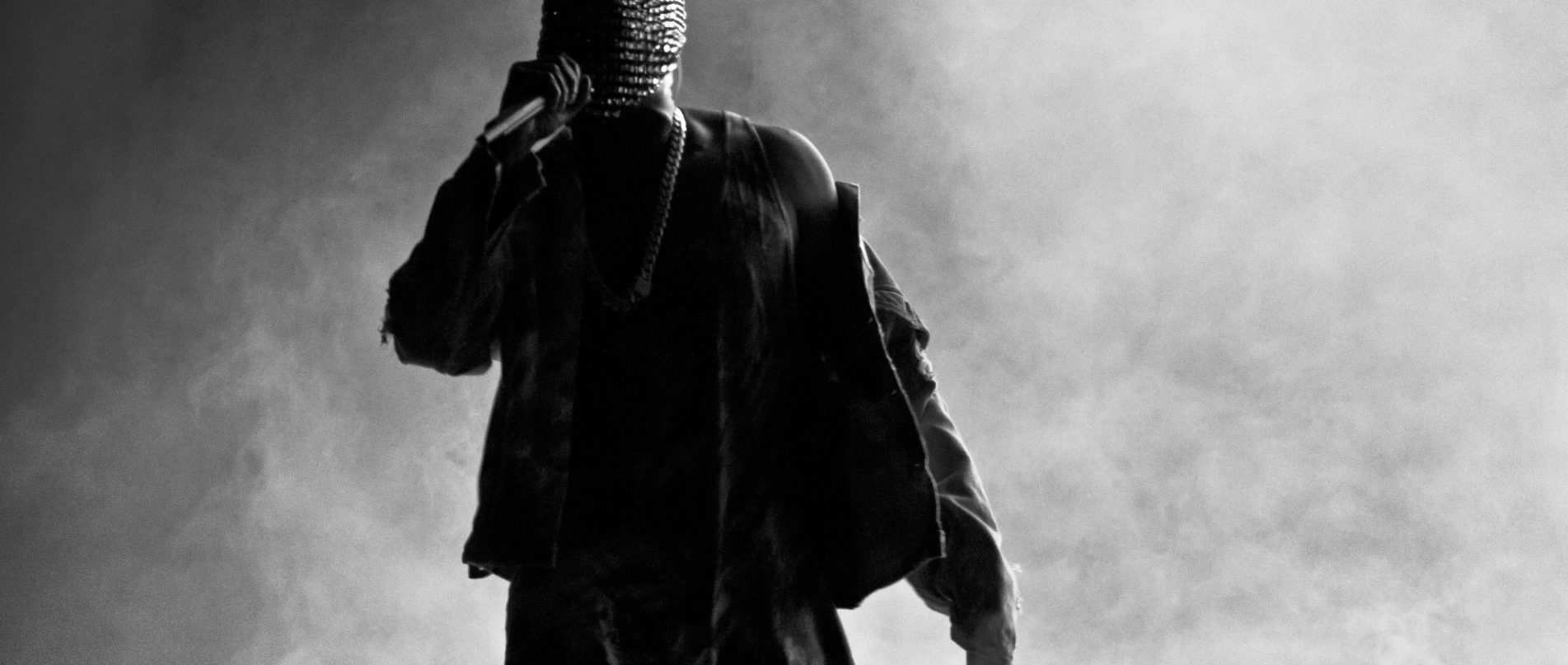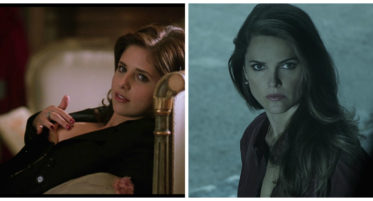
Prompt Images
That’s {Not How} {I Neurally Processed} It: Music, Sampling, and What’s Really Good
The first time I remember caring about Diana Ross was when her vocals were sampled for 1997’s “Mo Money Mo Problems.” Yes, this makes me a sh*t—let’s get that out of the way right quick.
The second single off of The Notorious B.I.G.’s album Life After Death, “Mo Money Mo Problems” was released, eerily enough, after B.I.G.’s untimely death. The song was catchy af to more than just me, topping the Billboard Hot 100 list, then later being acknowledged by VH1 as one of the “100 Greatest Songs of the 90s.” It influenced the next two generations of rappers, with references by Jay Z, Ludacris, Wiz Khalifa, Childish Gambino, and Drake. The song’s cultural significance isn’t limited to just hip-hop. Michael Scott, Blake Henderson, The Gang of Always Sunny, and probably YOU have at one point dropped some lyrical knowledge of “Mo Money Mo Problems.”
So yes, I am a sh*t, but I am a sh*t in good company.
I had a similar experience with Chaka Khan. Like, okay, I do remember Whitney Houston shouting her out on her cover of “I’m Every Woman,” but that was mostly a short detour while fast-forwarding through The Bodyguard soundtrack to get to “I Will Always Love You.”
I forgot about Chaka for the next 10 years, and, if you came up during the early 90s like me, chances are you did too.
For all intents and purposes, Kanye West exploded onto the scene in 2003 with his first single “Through the Wire.” In a most meta way, West, his jaw wired shut, raps about the gruesome car accident that landed him “in the same hospital where Biggie Smalls died” and as a rehabilitative measure, with, well, his jaw wired shut. “Through the Wire” contains a pitched up version of Chaka Khan’s 1985 single “Through the Fire.” And fire it was.

West’s breakout song is consistent with a handful of blazing hot tracks he produced for other artists, in that it samples an R&B or soul song of the past. Think Jay Z’s “Izzo” (The Jackson 5’s “I Want You Back”) or Alicia Keys’s “You Don’t Know My Name” (The Main Ingredient’s “Let Me Prove My Love to You”). By sampling a pleasing and familiar hit from a bygone decade, West gave these singles a nitro boost towards becoming hits themselves.
It wasn’t just commercial success these turn-of-the-millennium West songs achieved. Take Scarface’s 2002 banger “Guess Who’s Back.” While only modestly popular, the song leaves a lasting impression thanks to West’s expert brandishing of three separate samples: “Sunrise” by The Originals, “Xxplosive” by Dr. Dre, and “Hey Young World” by Slick Rick. It’s almost not fair how smoothly these wildly different tracks intermingle; an award-worthy mélange wine blended from with grapes from Detroit, California, and England. (Did you even knew grapes grew in two of those places? Neither did I. Also, shut up.)
With its crisp piano notes, buzzy bass throbs, a high hat that bounces left-right-left-right, and an escalating melody that drives the song along its four-minute path, the beat is the star of “Guess Who’s Back,” outshining Scarface and his two musical guests, Jay Z and Beanie Sigel.
I cherish these songs. In fact, I cherish nearly every song that dropped between the years 1995 and 2005 and contains a sample.
So why do I find the current crop of music that borrows from songs from the past thoroughly insufferable?
“Exchange” by Bryson Tiller appropriates 1998’s “Swing My Way” by K.P. & Envyi. The song begins exactly the same as “Swing My Way”—with the vocals of background singer Algebra Blessett. Notice “Algebra Blessett” is neither K.P. nor Envyi… she’s also not personally credited on “Exchange.” Now I’m not a math major, but that there looks like a pretty imbalanced equation. It’s a special brand of injustice on “Exchange” because the song relies so heavily on the croon. I can’t recall a single other aspect of the track excepting the line “Baby I’m low key feelin’ you.” Overall “Exchange” has a pleasing sound, but unpacking it leaves me indignant.
Tory Lanez’s “Say It” is another example. Critics be damned—I don’t like it. “Say It” pulls the harmonious chants from the chorus of Brownstone’s 1994 hit “If You Love Me” (Say it/Do it/Show it/Prove it) as the back half of Lanez’s flow. My problem with this song is it overcomplicates an R&B track that was perfectly delightful as-is. If I’m continuing with the wine analogy, it would be the equivalent of pouring a glass of merlot, then dousing it with Triple Sec. Not awful, just… unnecessary.
The equal opportunity offender goes to *dramatic pause* “Poetic Justice.” Only thing worse than Janet Jackson’s “Anytime Anyplace” is Kendrick Lamar dusting it off for his 2012 song. Let sleeping dogs lie, Kendrick. Good kid, b.A.A.d. song.
There is a reasonable explanation for why, three times I can listen to Talib Kweli’s “Get By” (2003) with its glorious Nina Simone sample… but I can barely make it three lines into the DJ Mustard-produced “Don’t Tell ‘Em” (2014), which refers to “Rhythm is a Dancer,” before wanting to eject myself out of my driver’s side door and somersault into oncoming traffic.
Research suggests that the music you indulge throughout your teenage years inspires the brain in a way that is more meaningful than during other periods of your life. True, you always crave music, and songs you enjoy rouse happy chemicals like dopamine, serotonin, and oxytocin. But because adolescents’ neurological growth trajectory is so steep, you develop an unassailable attachment to songs you experience during these years.
There are also psychosocial reasons that you develop a deep affinity for your teenage playlist. You are forging your own identity. You are making connections with other like-minded individuals and music is a quick way to Venn. Major milestones, like your first touchdown, your first swig of beer, your first kiss—perhaps all in the same day, you scoundrel!—happen during your teens; music is the score accompanying all of it. Marry that with the neurological development going on inside your noggin, it’s no wonder these songs pervade your memories and persuade your preferences.
…and then it hit me. Is this how my mom felt the first time I subjected her to “Cherchez La Ghost”?! Why, she probably mused, does it sound like a boxing match happening over my second-favorite disco song?
I have come to grips with what some might call “hypocrisy.” I prefer to think of it as basking in the glory of the music from a superior era. Plus I have science on my side, at least as far as my personal affinities go.
…But maybe I’m right, and these kids just don’t know how to get it done. Because you know who has two hands and NO COMPLAINTS about Kanye West sampling Sister Nancy’s “Bam Bam” on “Famous”? This girl. 🙌🙌🙌
This article draws extensively from Mark Joseph Stern’s Neural Nostalgia: Why do we love the music we heard as teenagers?, which appeared on Slate. I encourage you to read it. He doesn’t get so involved in Kanye West worship, so he has more energy to describe the science.



